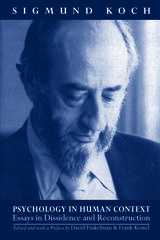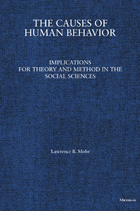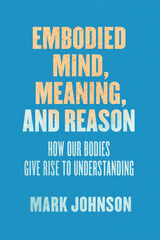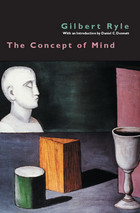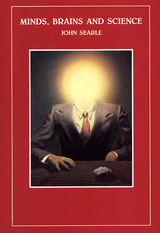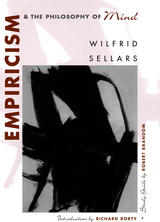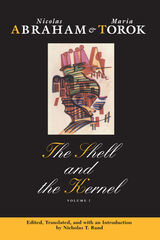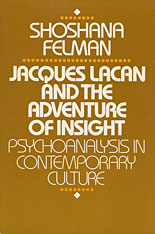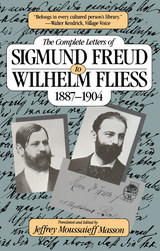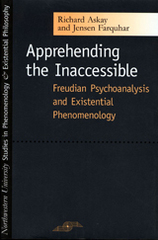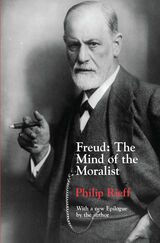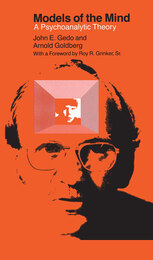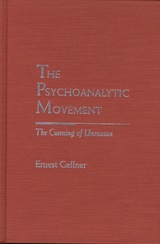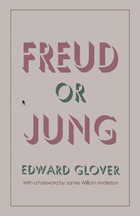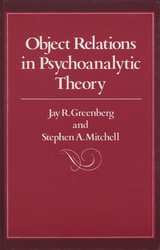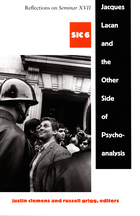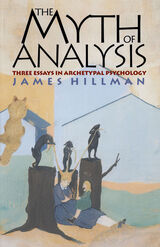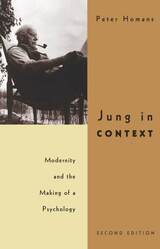Paper: 978-0-674-50853-8 | Cloth: 978-0-674-50852-1
Library of Congress Classification BF173.B72 1991
Dewey Decimal Classification 150.195092
The French psychoanalyst Jacques Lacan (1901–1981) is a uniquely complex writer and the originator of an especially unsettling view of the human subject. But the singularity of Lacan’s achievement has been understated by many of his critics. Often he is seen merely as a figure famous for being famous—an essential reference point in structuralist and poststructuralist debate—rather than as a theorist whose writings demand and reward detailed scrutiny.
Malcolm Bowie traces the development of Lacan’s ideas over the fifty-year span of his writing and teaching career. The primary focus is on the fascinating mutations in Lacan’s interpretation of Freud. Bowie reinserts the celebrated slogans—“The unconscious is the discourse of the Other,” “The unconscious is structured like a language,” and so forth—into the history of Lacan’s thinking, and pinpoints the paradoxes and anomalies that mark his account of human sexuality. This book provides a firm basis for the critical evaluation of Lacan’s ideas and the rhetoric in which they are embedded; it is based on a close reading of Lacan’s original texts but presupposes no knowledge of French in the reader.
Although Bowie is sharply critical of Lacan on several major analytic questions, he argues that Lacan is the only psychoanalyst after Freud whose intellectual achievement is seriously comparable to Freud’s own. Lacan provides the ideal starting point for any exploration of the work of this formidable thinker.
See other books on: 1901-1981 | Lacan | Lacan, Jacques | Psychoanalysis | Psychotherapy
See other titles from Harvard University Press


